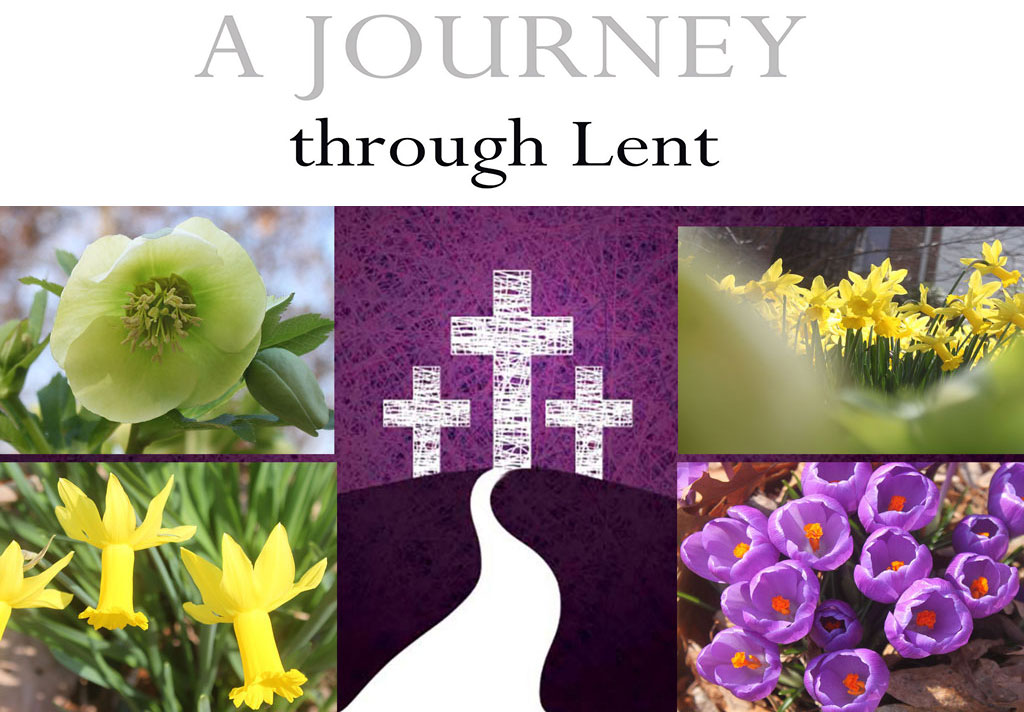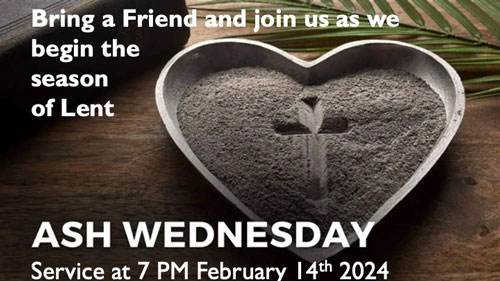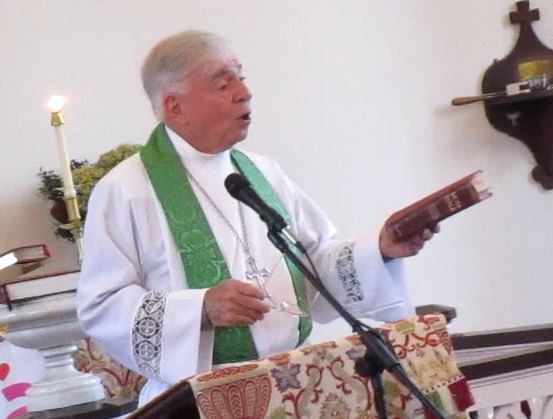From the Loyola Press
Commentary is by Daniella Zsupan-Jerome, assistant professor of liturgy, catechesis, and evangelization at Loyola University New Orleans.
Art expresses the key themes of the season – conflict between secular and religious, the forces of temptation and selfishness affecting all of us, the importance of retreat, repentance, and conversion in this season. We have three pieces of art to view these themes thanks to the Loyola press
1. Pieter Brueghel the Elder, “The Fight Between Carnival and Lent,” 1559
Sometimes when the spiritual and the secular clash, we can see the hand of God at work. In Pieter Brueghel’s The Fight Between Carnival and Lent, there is a clash of contrasts happening in this 16th-century Dutch village. Near the center of the hustle and bustle a curious pair is ready to spar: “Carnival,” represented by a well-endowed man riding a barrel, wears a meat-pie hat and is ready for action with a spear loaded with roasted pork. “Lent” faces him, personified by a clear-eyed but gaunt woman on a spare cart, wearing a beehive and holding out two fish on a peel. She is surrounded by loaves, pretzels, and a basket of mussels.







